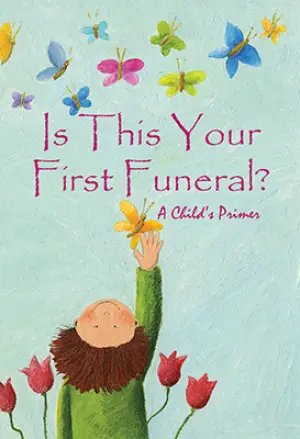Review of Soulmatch by Rebecca Danzenbaker
When I first stumbled upon Soulmatch, Rebecca Danzenbaker’s debut novel, I was captivated by its premise—a post-apocalyptic world where our past lives dictate our current paths. With echoes of the dystopian narratives I’ve enjoyed, I found myself wondering how this fresh take could pull me in. Would it be another familiar story, or could it break new ground? As I turned the pages, I discovered a complex romance wrapped in a thought-provoking exploration of identity and power.
Set two hundred years after World War III, Soulmatch immerses readers in an intriguing society regulated by a soul-identification system called "kirling." Every eighteen-year-old’s past lives, or "folies," dramatically shape their present—an idea that invites fascinating questions about how we’re shaped by our histories. Danzenbaker’s world-building is meticulous and immersive, integrating terms like "culi" and "SEIK database" that breathe authenticity into this speculative society. I loved how the author’s background in complex systems translated into a political landscape that felt genuinely lived-in, adding layers to the story.
At the heart of Soulmatch is Sivon, a young woman with an incredible knack for chess, which serves as a clever metaphor for her strategic maneuvers in a world where every relationship feels like a game. I found myself rooting for her as she navigated the chessboard of life, wrestling with emotional vulnerabilities while playing against the political machinations around her. Danzenbaker’s portrayal of Sivon is nuanced, balancing her brilliance with haunting insecurities. Watching her grow from a naive teenager into a shrewd strategist enriched my reading experience immensely.
The romance, unlike many typical yA tropes, is beautifully layered. Sivon’s connection with her bodyguard, Donovan, unfolds like a slow burn, transcending mere attraction. Their souls, Krest and Flavinsky, have fought through lifetimes to find each other. This epic love story resonated with me, adding an emotional depth that makes their struggle feel both timeless and significant. In contrast, the manufactured relationship between Sivon and Janus cleverly critiques how power can distort genuine connections. This complexity is what made the romance feel authentic—a vital thread woven into the narrative’s fabric.
While I appreciated the intricate subplots, there were moments when the pacing slowed, especially in the middle chapters where political exposition occasionally overshadowed character growth. Some supporting characters, while solid, felt less fleshed out, drifting near the edge of plot devices. Yet, in the climax, when revelations tighten the narrative, I felt a satisfying rush. The themes of identity and the nature of good versus evil skillfully ripple through the story, making me ponder whether we are ever truly free from our pasts.
Danzenbaker’s prose is clear and accessible, and I enjoyed her decision to define terminology at the beginning of each chapter—it felt like diving into historical documents from our future. This attention to detail added richness to the narrative, helping me navigate the complexities without feeling overwhelmed.
Overall, Soulmatch is a remarkable debut that successfully combines entertainment with emotional stakes and thematic depth. It may not reinvent the YA genre, but it certainly finds its distinct space. For fans of speculative fiction looking for stories that explore identity and relationships in innovative ways, this book is a must-read.
Ultimately, if you’re in the mood for a thoughtful, engaging read that challenges our notions of love and identity, give Soulmatch a chance. I approached it with curiosity, much like Sivon embarking on her journey, and emerged with a sense of satisfaction and anticipation for what Danzenbaker will bring us next. This is an author whose voice will be exciting to follow in the YA landscape!
Discover more about Soulmatch on GoodReads >>






